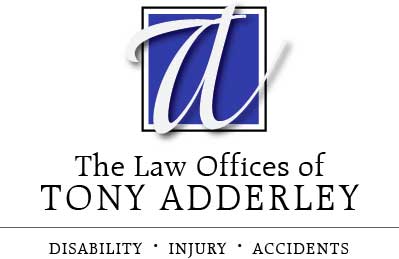Amputations may be performed for a number of reasons; the primary reasons for amputation are vascular disease (including diabetes), cancer, and trauma. Traumatic amputations are frequently accompanied by bleeding, shock, infections, and other complications. Many amputees suffer long-term pain, loss, and depression. They can also experience “phantom” limb pain. Although the limb is no longer there, nerve endings at the amputation site continue to transmit pain signals to the brain, so the brain perceives that the limb is still attached. Phantom limb pain usually subsides slowly over time, but not always. And prosthetics can help most people, but not everyone. Phantom limb pain sometimes impairs a person’s ability to use a prosthetic effectively.
If you’ve lost a limb, the loss obviously impacts your ability to work and to perform the normal activities of life. To receive Social Security disability benefits for amputation, the Social Security Administration typically requires you to match one of these descriptions: the amputation of both hands; or one or both lower extremities above the ankle, with complications resulting in the inability to use a prosthetic; or one hand and one lower extremity resulting in the inability to ambulate effectively; or a hemipelvectomy (transpelvic amputation) or hip disarticulation. If none of these descriptions fit you or your loved one, disability benefits may nevertheless still be available.
If you are applying for Social Security disability benefits, contact an experienced Social Security disability attorney right away; you need to file your claim as quickly as possible. He or she will help you understand how the Social Security Administration arrives at decisions regarding disability benefits. A good Social Security disability lawyer will assist you with paperwork, hearings, and appeals (if needed). Social Security applications and procedures can be lengthy, so don’t hesitate to get started and contact an experienced Social Security disability attorney promptly.

